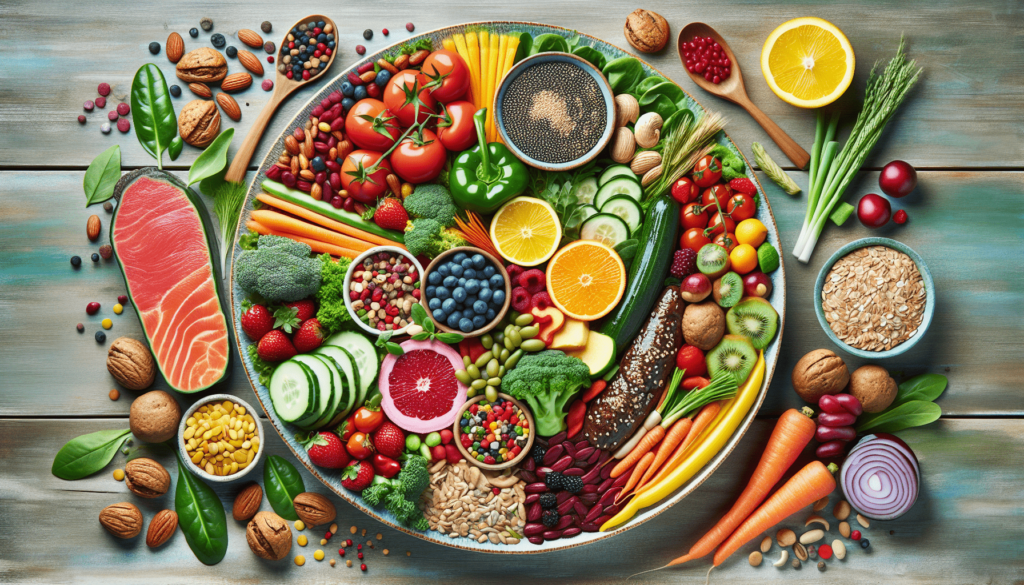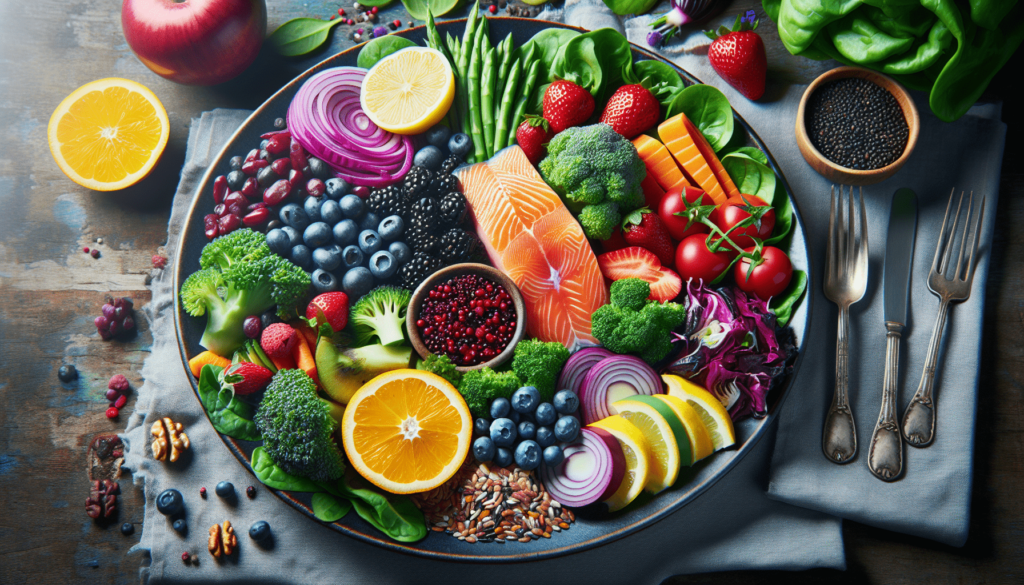Are you aware of the unique nutritional needs of seniors?
As you age, your body’s nutritional needs change, making it crucial to pay attention to what you’re eating. In this article, we’ll zero in on the specific nutritional needs of seniors to help you maintain optimal health and well-being as you age.

Understanding the changing nutritional needs of seniors
As you get older, your body undergoes various changes that can impact your nutritional needs. These changes include a decrease in metabolism, changes in taste and smell, and a reduction in muscle mass. Understanding these changes can help you make informed choices about your diet to ensure you’re getting the nutrients you need to stay healthy.
Slower metabolism
As you age, your metabolism slows down, which means your body needs fewer calories to maintain your weight. This can make it easier to gain weight if you continue to eat the same amount of food as you did when you were younger. To combat this, focus on eating nutrient-dense foods that are rich in vitamins and minerals but lower in calories.
Key nutrients for seniors
Certain nutrients become more important as you age to support healthy aging and reduce the risk of chronic diseases. Here are some key nutrients that seniors should pay attention to in their diet:
Protein
Protein is essential for maintaining muscle mass, bone health, and overall strength. As you age, your body may require more protein to prevent muscle loss and support optimal functioning. Good sources of protein for seniors include lean meats, poultry, fish, eggs, dairy products, legumes, and nuts.
Calcium and Vitamin D
Calcium and Vitamin D are crucial for bone health and preventing osteoporosis. Seniors are at a higher risk of developing osteoporosis, so it’s important to ensure you’re getting an adequate intake of these nutrients. Good sources of calcium include dairy products, leafy green vegetables, and fortified foods, while Vitamin D can be obtained from sunlight, fatty fish, and fortified foods.
Fiber
Fiber is important for digestive health, maintaining a healthy weight, and preventing chronic diseases such as heart disease and diabetes. Seniors should aim to include plenty of high-fiber foods in their diet, such as whole grains, fruits, vegetables, legumes, and nuts.
Omega-3 fatty acids
Omega-3 fatty acids are essential for brain health, heart health, and reducing inflammation in the body. Seniors can benefit from including sources of Omega-3 fatty acids in their diet, such as fatty fish (salmon, mackerel, sardines), flaxseeds, chia seeds, and walnuts.
Hydration for seniors
Staying hydrated becomes increasingly important as you age, as older adults are more prone to dehydration due to a decreased sense of thirst and kidney function. Dehydration can lead to a range of health issues, including urinary tract infections, constipation, and confusion. Make sure to drink plenty of water throughout the day and include hydrating foods such as fruits, vegetables, and soups in your diet.
Meal planning tips for seniors
Planning balanced meals can help ensure that you’re meeting your nutritional needs as a senior. Here are some tips to help you plan healthy and satisfying meals:
Aim for variety
Include a variety of foods from different food groups in your meals to ensure you’re getting a wide range of nutrients. Try to include fruits, vegetables, whole grains, lean proteins, and healthy fats in each meal to promote overall health.
Watch portion sizes
As your metabolism slows down with age, it’s important to pay attention to portion sizes to prevent overeating. Use smaller plates, measure out serving sizes, and avoid eating straight out of the package to help control portions.
Focus on nutrient-dense foods
Choose nutrient-dense foods that are rich in vitamins, minerals, and antioxidants to support your overall health. Foods such as fruits, vegetables, whole grains, lean proteins, and healthy fats should form the basis of your meals to ensure you’re getting the nutrients your body needs.
Plan ahead
Take the time to plan your meals and snacks in advance to ensure you have nutritious options available when hunger strikes. Stock up on healthy ingredients, prepare meals ahead of time, and have healthy snacks on hand to avoid reaching for less nutritious options.

Seeking professional guidance
If you’re unsure about your nutritional needs as a senior or have specific health concerns that require dietary modifications, consider seeking guidance from a registered dietitian. A dietitian can help tailor a nutrition plan to meet your individual needs and provide you with personalized recommendations to optimize your health.
Conclusion
As you age, it’s important to pay attention to your nutritional needs to support healthy aging and overall well-being. By understanding the changing nutritional needs of seniors and making informed choices about your diet, you can ensure that you’re getting the nutrients your body needs to thrive. Remember to include a variety of nutrient-dense foods in your meals, stay hydrated, and seek professional guidance if needed to prioritize your health as a senior.

